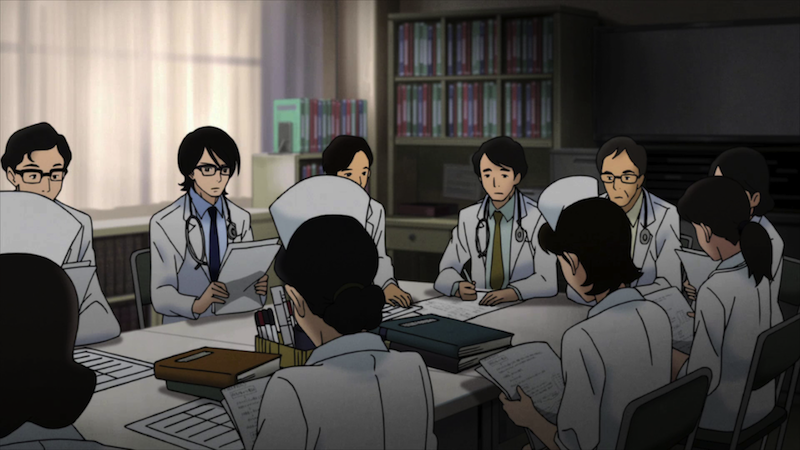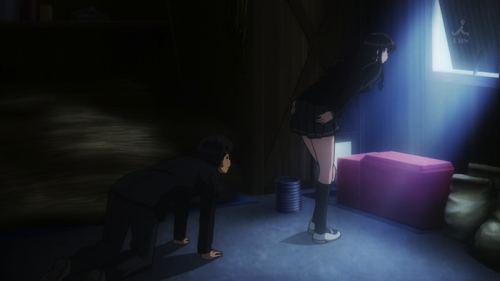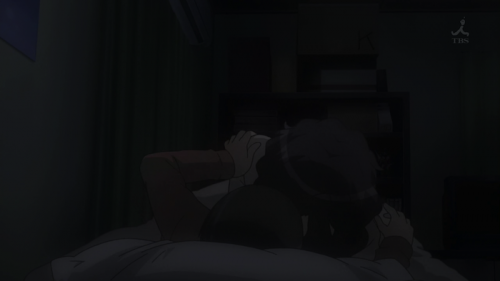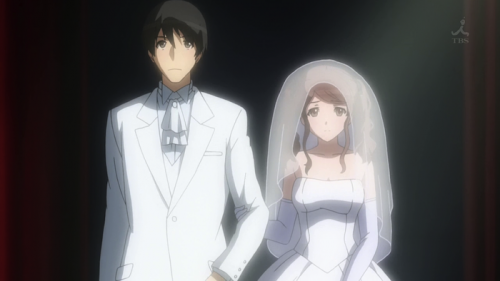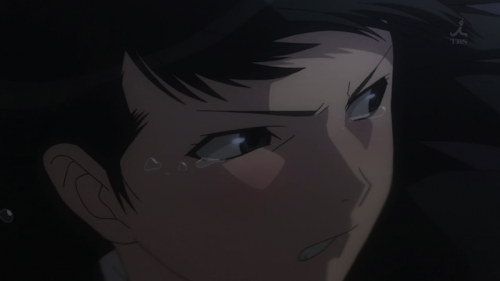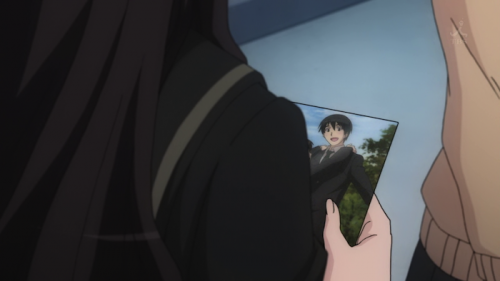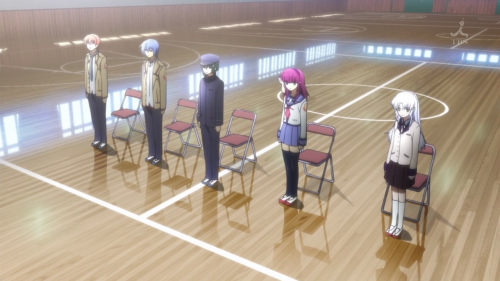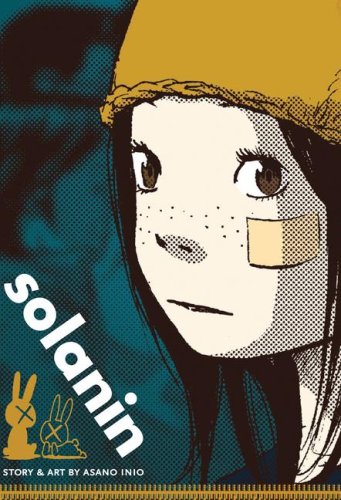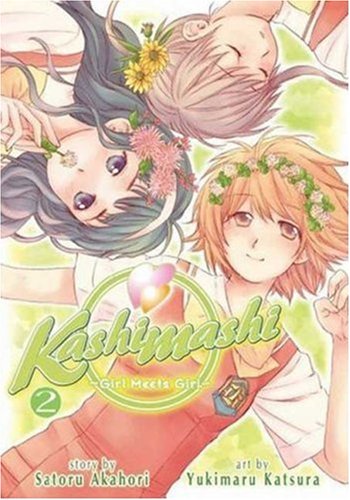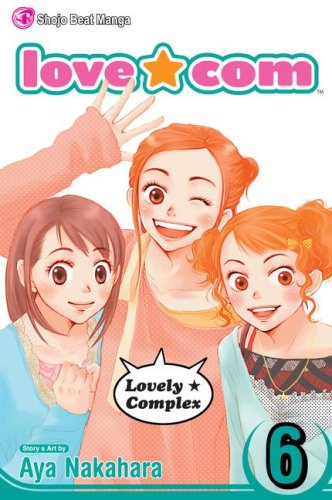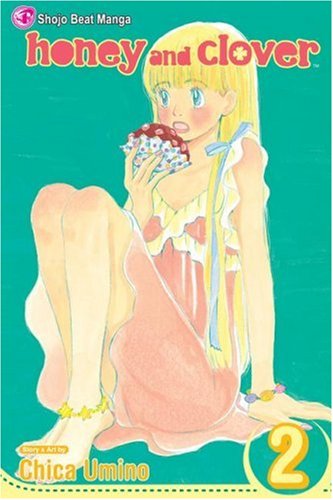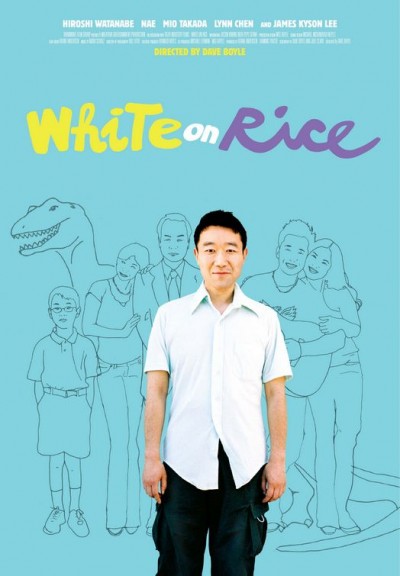
A while back, I reviewed a movie called “Big Dreams Little Tokyo.” The director just released another film, “White on Rice,” and sent me a review copy.
White on Rice is another story about Asians in America, though this one is not centered on an Anglo protagonist. Jimmy is a man-child who lives with his sister and her husband and child. He was recently divorced, and apparently is planning on moving out once he gets remarried. The problem is that Jimmy isn’t exactly marriage-material. He goes on a ton of dates, focusing on women in the office he works. First observation: Jimmy – you’re doing it wrong! Never go for the office romance! Things get more complicated when his sister’s friend(?) Ramona moves in for college. Jimmy decides to go after her, causing scene after scene of awkwardness.
There are also a few subplots involving Jimmy’s sister and her much older husband and their nerdy little kid. The kid, Bob, does not speak Japanese like the rest of the family. As a first (or second, depending on how you classify it) generation Asian American, I totally see this kid in most of my cousins who were also born in America. Bob is studious at school, has numerous part time jobs and pretty much fades into the background when his parents are around. He’s probably the most entertaining character since he’s so dead-on stereotype but also very real.
Jimmy, on the other hand, is sort of less believable. How did he get married in the first place? What led up to his divorce? He’s about one step away from being Pee-Wee Herman in his man-child behavior. I can’t decide whether to like him or whether to think he’s extremely creepy. He’s kinda mean to his super tall date, and he also totally ignores a girl in a banana costume who really likes him. He also stalks Ramona while she’s dating someone else. Granted, the guy she’s dating is a douchebag Asian (note to women, this is the wrong kind of Asian man to date), but still. I think Hiroshi Watanabe really shows his skill in acting, since he can play this socially inappropriate dude and get away with it simply because he looks so innocent when he flashes that smile.
Some of the acting is a big rough. I can’t tell if Hiroshi Watanabe is speaking broken English on purpose for his character, or because he’s really not that good at English. It’s kind of like how it seems like Jackie Chan doesn’t really know any English at all in his movies and basically speaks the syllables he needs to in order to fake it. I had to rewind a few times to understand what people were saying. This is bad, because I should technically be pretty good at deciphering Asian accents (my parents have strong accents). Besides the language barrier, I thought the movie was really funny most of the time. The thing is that the actors all seemed sincere in what they were doing, even if what they were doing seemed just plain wrong.
I also had a few issues with the pacing of the movie, especially towards the end. Some random character appears out of nowhere and saves the day with his car. I don’t recall seeing him earlier in the movie. Maybe I just wasn’t paying attention? There were also random plot holes here and there, but that’s to be expected when you have a bunch of overarching plotlines and a short amount of time to tie them all in. A fun easter egg that I noticed was in a funeral home scene. Bob goes to play the piano by a dead guy. The dead guy looks like Boyd from Big Dreams Little Tokyo. In the credits, the young corpse is listed as being played by “Boyd Wilson,” who is the character that Dave Boyle played. So he got a small cameo in his movie. It’s kind of sad to see that Boyd died so young. Hopefully the sumo guy realized his dreams.
One detail that I appreciated was that the native speakers spoke to each other in Japanese. It always confuses me when two people who can communicate with each other in their native language, when it’s just the two of them, decide to speak in broken English. Tim (the douchebag Asian guy) even makes a note that Bob doesn’t speak to his parents in Japanese, though he can understand them when they speak to him. It’s a small touch, but makes a difference when it’s something that is culturally obvious.
I don’t think that anyone would argue that there are too many movies on Asian American culture. Any addition to the genre is quite welcome, and when it turns out to be funny and genuine, that’s a major bonus. I originally thought the storyline was going to be about an Asian guy going after a white woman because of the title. “White on Rice?” I think it would’ve been a more interesting story that could’ve highlighted culture clashes and brought up more about Asian American self-identity. Jimmy could’ve totally used this book. While I think it plays it a bit too safe, White on Rice still serves as a voice for the underrepresented minority of Asian Americans. I think it’s an important step in showing that Asians can star in movies that don’t have the word “ninja” or “kung-fu” in them. Overall it’s a solid Asian American indie movie that’s fun, uplifting, quirky and charming in its little imperfections.
White on Rice hasn’t had a wide theatrical release yet, but it has shown up in some film festivals. Apparently you can buy the movie already for a “sneak peek.” Hopefully it gets a wider release at some point. You can get more info at the official website.
